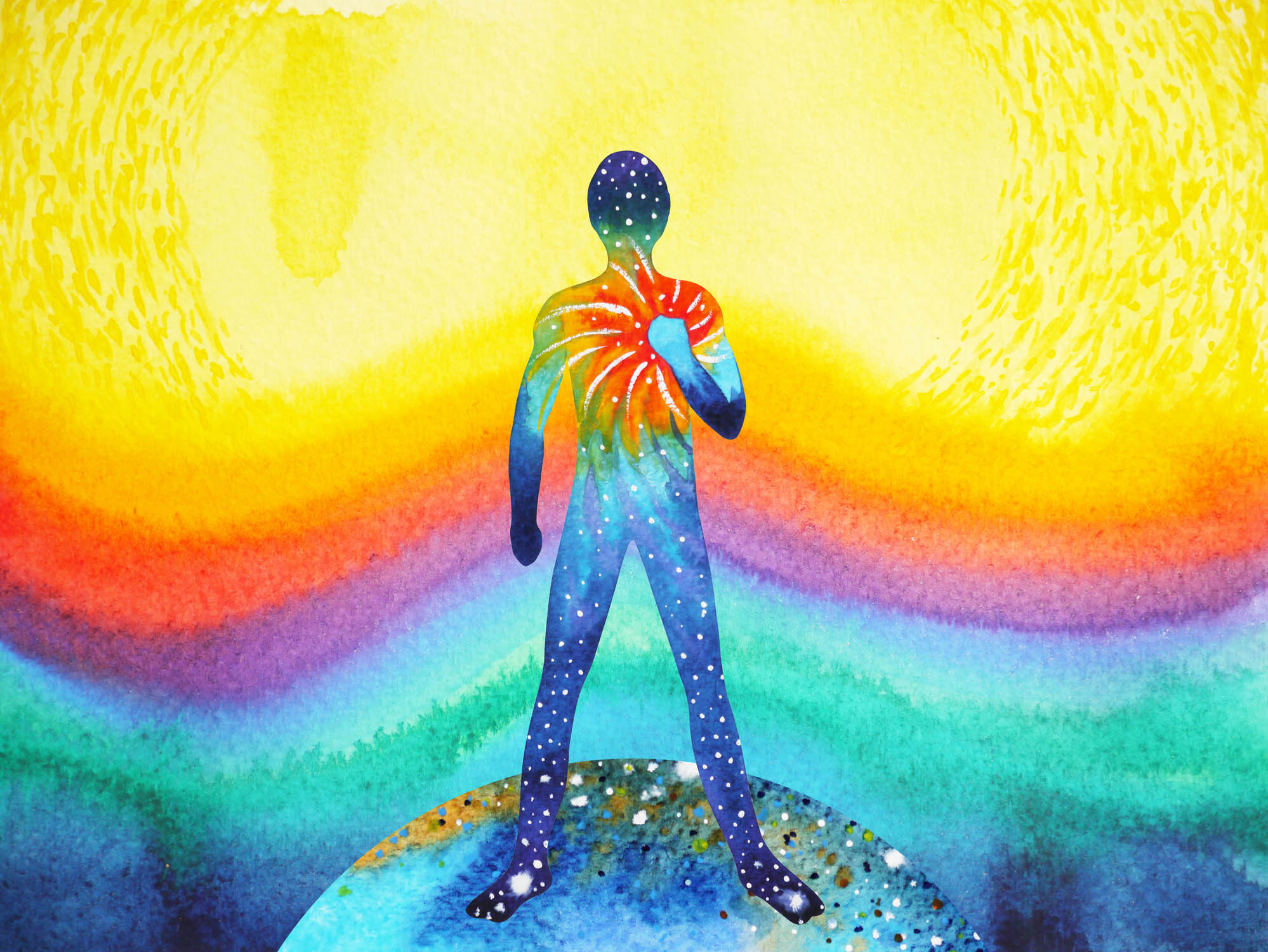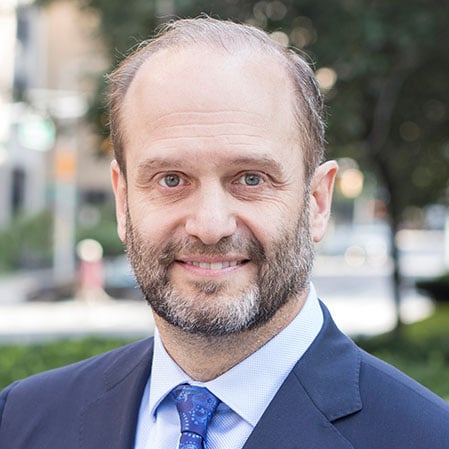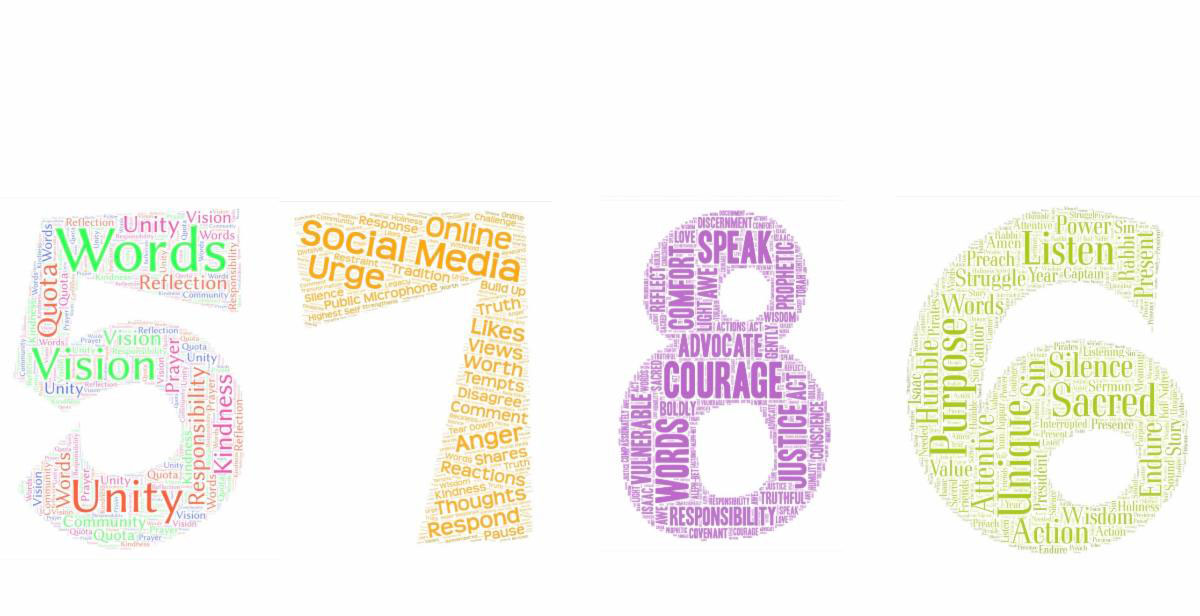
“Rabbi Ishmael said: ‘What are the songs that one should recite, one who desires to behold the vision of the divine chariot, and still descend in peace and ascend in peace?'”
So begins the book of “Hekhalot Rabbati,” a mystical work from the seventh century. Spiritual seekers have always craved a direct connection with God, calling out that “My soul thirsts for God, the living God. When will I come to see the face of God!” (Psalm 42:3.)
In Judaism this quest is not merely the preoccupation of a few mystics; it is a commandment for all. Parshat Ekev includes the commandment “and to Him you shall cleave” twice; in total, it is found four times in the Book of Deuteronomy. This commandment, known as “devekut,” is difficult to interpret. How does one cling to God?
Mystics argue that this commandment demands an exceptional amount of discipline and effort. Some take this idea to the extreme, and describe devekut as an experience of “unio mystica,” where the person’s individuality disappears, and they are united as one with God. But even less dramatic descriptions of devekut are distinctly other-worldly. The Ramban in his commentary to this verse writes:
“It is possible that the term ‘cleaving’ includes the obligation that you remember God and His love always, that your thoughts should never be separated from Him … to such a degree that one’s conversation with other people is just with their mouth and tongue; yet their heart will not be with the others, but rather with God. With men of such excellence it is possible that even in their lifetime, their souls shall be ‘bound in the bond of everlasting life,’ since they have become a dwelling for the Divine Glory …
“To cling to God one must let go of the world.”
This vision is both intoxicating and terrifying; the very idea of devekut is fraught with questions. How does a lowly being of flesh and blood scale the heights of the divine? And if one visits God’s palace, will they care anymore about their own earthly abode? While it may represent an exhilarating spiritual achievement, the Ramban’s description of devekut is nonetheless disturbing; the person then becomes all soul and no body, a mere shell of a human interacting robotically with others.
In contrast, other commentaries offer more worldly interpretations of devekut. Hizkunni says it means to imitate God’s attributes of kindness and mercy. The more similar man is to God, the deeper the bond is between them. Rabbi Samson Raphael Hirsch says devekut means to be completely devoted to the performance of mitzvot. Rabbi Chaim of Volozhin says that one achieves devekut through Torah study. He explains that one actually should avoid contemplating the divine worlds on high while learning, because it will impede them from achieving full comprehension. Instead, he explains that “through deep involvement and rigorous study one cleaves to His will and words (i.e., the Torah), and He and His will are identical.” Cleaving to Torah is how one cleaves to God.
Similarly, Rabbi Joseph B. Soloveitchik argues that the mystical view of devekut “denied man’s full selfhood.” Quoting the Talmud, he explains that the Halakhic view of devekut is that one can cleave to God by “living a life of value and elevation.” (And this perspective is shared by all of the commentaries quoted above.) We may never be able to connect to God in a fully satisfying way; but a deep connection to the divine can still be forged through religious and spiritual development.
This “worldly” view of devekut is first found in the Sifrei, which says: “… How is it possible for a man to ascend the heights and cleave to Him? Is it not written (Ibid. 4:24) ‘For the Lord your God is a consuming fire’? and (Daniel 8:9) ‘His throne was like a fiery flame and its wheels like burning fire’? Rather, it means to cleave to the Torah scholars and to their disciples …”
Great teachers are a key link to the tradition, and by attaching to them one attaches to the essence of the Torah. And that is why it is a form of devekut. Simply being in the presence of great teachers offers implicit lessons about spirituality.
But there is a second element to this text. It locates the connection to the divine in the interpersonal. God is present in the soul of each person; and a deep connection to the divine can be found in day-to-day social interactions.
In a recent book about Rabbi Yehuda Amital, an anecdote is told about a conversation he had with another rabbi. Rabbi Amital asked about the Sifrei: “What if you live in an area that has no Torah scholars?” How would one fulfill the obligations of devekut?
The other rabbi responded that then one would have no choice but to search for a direct connection with God.
Rabbi Amital disagreed. He said if there are no scholars, “connect to a simple Jew. Each Jew is a Torah scroll.”
Devekut occurs not just in heaven, but in the classroom as well. And, as Rabbi Amital suggests, devekut is possible anywhere another holy human being is found. The spirit of the prophets is found in every caring heart.
This lesson is critical now. In November, I watched a documentary about the Shura army base, which processed the bodies of the 1,200 people murdered on Oct. 7. A member of the Chevra Kadisha, which is responsible for the ritual preparation of the bodies, related that one of the rabbis on the base never joined the minyan for prayer services; when he asked the rabbi why, the rabbi explained: “I’m not ready to speak to God yet.”
In the midst of a horrific war, connecting to God is often impossible. And even though I myself am thousands of miles away from these horrors, my own prayers have suffered as well.
God has stood at a great distance the last 11 months; but at the same time, we have never been closer to Him. We are privileged to be surrounded by remarkable human beings, both in Israel and America, who have done so much. Heroes who leave their families and risk their lives to protect their country. Women who stand alone to keep their families together on the home front. Remarkable volunteers who work endlessly to help those in need.
All of them ordinary people, all of them ready to act selflessly. They pack backpacks in their homes, and organize fundraisers in their backyards. And to be with them, one finds a connection to the divine that otherwise eludes us.
It is here that one can experience a moment of backyard mysticism, a devekut that is possible even when God seems far away.
Rabbi Chaim Steinmetz is the Senior Rabbi of Congregation Kehilath Jeshurun in New York.


































